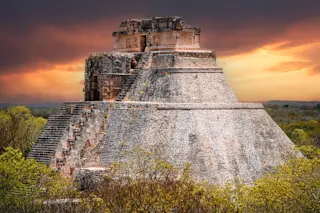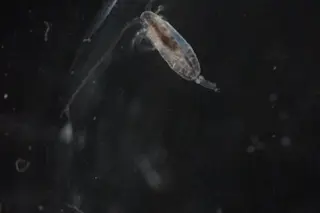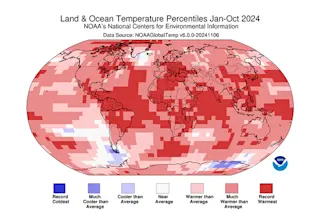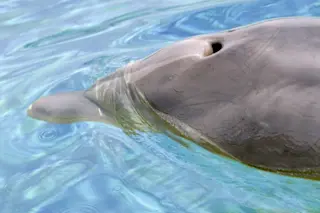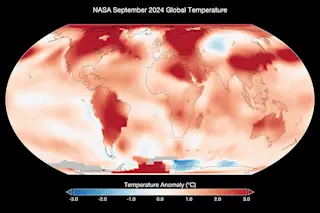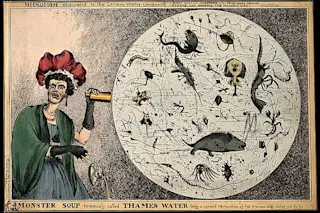In a clever thought experiment earlier this week, David Roberts at Grist asked:
What should we call people who care about climate change and clean energy?
Too bad he asked the wrong question. It should have been: What do we call people who care about climate change or clean energy? More in a minute on why that would have been better. The whole point to Roberts' exercise was to "detach" the association of environmentalism to climate change and clean energy advocacy. The underlying logic is similar to an older debate involving what to call people who care about pollution/sustainability issues and wilderness/biodiversity/wildlife. Those who care strongly about the former are comfortable being called environmentalists. But a subset of people who care about the latter refer to themselves as conservationists. For example, consider the membership of Ducks Unlimited. Hunters typically don't think of themselves as environmentalists, yet many have a strong conservation ethic. They have proven to be committed advocates for the preservation of wildlife populations and ecosystems, which makes them an ally of traditional environmentalists. Roberts envisions a similar kind of overlap for climate change, but with decarbonization being the common cause. The problem is that climate change advocacy has become too closely affiliated with a larger environmentalist agenda, which not everybody who cares about clean energy wants to sign up for. As Roberts notes:
Not all people who care about climate change and clean energy are environmentalists.
Hence the campaign for a catchy label that unifies both groups under a banner they are each comfortable with. On Wed, Roberts unveiled his choice: climate hawk. For my non-U.S. readers, what you need to know here is that in the U.S. political lexicon, hawk is a widely used term. It connotes aggressive action and a vigorous defense, so we have these sub-identities known as defense hawks and deficit hawks. This means that Roberts, in choosing the climate hawk totem, has limited the applicability to a U.S. audience, something he belatedly acknowledges in the Grist comment thread. Roberts also consciously included another limiting factor when he decided not to pick a label that emphasized the clean energy component he wants to fold under his banner. The explanation Roberts offers in his post is revealing (my emphasis):
Why not "clean energy hawk"? For one thing, two words are snappier than three and easier to write. For another, it's important to keep the threat of climate change at the center of the conversation; clean energy is one way of fighting back against that threat, but there are many others.
It didn't take long for a Grist commenter to point out the lost opportunity to broaden support for a common goal:
Climate. Is there really such a large group of people who care about climate change and believe in the science on anthropogenic climate change but don't consider themselves environmentalists? It seems unlikely to me. On the other hand, there are great numbers of people who support clean energy and moving away from fossil fuels, but who aren't environmentalists...These people include those interested in national energy security, those who believe it's a smarter investment for the future of our economy (the global race to develop green energy technology), those worried about traditional pollutants from fossil fuels including those who view it as a public health issue, those worried about oil spills and mountaintop removal mining, and those who want to stick it to the Middle Eastern oil producers. Maybe this wasn't your purpose - maybe you just wanted to describe people who accept that anthropogenic climate change is real - but the clean energy crowd is a MUCH bigger potential coalition that would help you get to the end goal of avoiding climate disaster.
Whatever Roberts' purpose was, truly broadening the coalition for decarbonization was not one of them. Otherwise he wouldn't have insisted on keeping "the threat of climate change at the center of the conversation."




